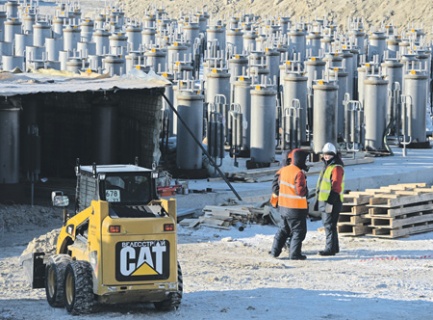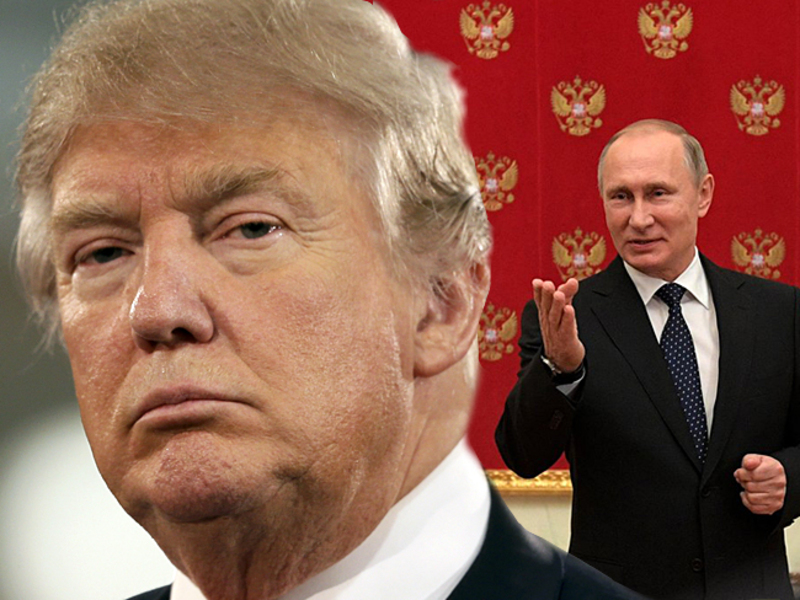Stories about the transfer of territory from Russia to China and the arrival of Chinese settlers in Siberia get far more press play, but far more important as a measure of what is happening between the two countries is China’s moves to dramatically increase its ownership stakes in key Russian raw materials producers.
The Chinese are taking advantage of Russia’s need for capital, but two things about this trend are striking. On the one hand, China has typically moved relatively slowly and cautiously in its investments in foreign markets, testing the waters as it were before getting heavily involved.
And on the other, Moscow officials are now openly acknowledging that they are willing to allow China to acquire not just a major stake but potentially a controlling share of the ownership not only of raw material processing and shipping industries but also the fields and mines from which these materials come.
If this continues, it will mean that the part of the Russian economy on which Vladimir Putin has most relied may pass under Chinese control; and the perception that the Kremlin leader’s turn to the east may leave Russia the victim of Chinese neo-colonialism may spread, something few Russian nationalists are likely to be happy about.
In today’s “Nezavisimaya gazeta,” journalist Olga Solovyeva describes what she calls “the expansion” of Chinese interests into the Russian raw materials sector and why it appears likely that this expansion will only grow in the future given the attitudes and needs of Moscow officials.
Last week, she notes, China’s Sinopec purchased a major part of the shares of Sibur and Yamal-SNG; and next in line will be a purchase of 19.5 percent of the shares of Rosneft. These things are happening, Solovyeva suggests, because Moscow has signaled that it is now prepared to have China take a controlling interest in Russia’s strategic minerals sector.
China has been investing in Rosneft for some time, but the Russian government until recently had limited its stake lest Moscow lose control. But, Solovyeva says, the question now is “how long” will this limitation last if the Russian budget deficit continues to widen and China retains its interest in acquiring Russian strategic assets.
Arkady Dvorkovich, Russian deputy prime minister, says that Moscow would prefer to keep China a minority shareholder but is prepared to allow Beijing to acquire a larger share if that is what China wants. “For us, it is more comfortable to work in a 50-50 partnership or even 51-49, but if there is demand, we will seriously consider it, and I do not see any political obstacles.”
As Valery Nesterov of Sberbank Investment Research points out, this new Russian willingness to sell strategic assets to China is happening only because Moscow needs to attract foreign investments, something it currently is finding it harder to do from other sources. And Moscow needs money for the state budget as well, especially given current projections.








